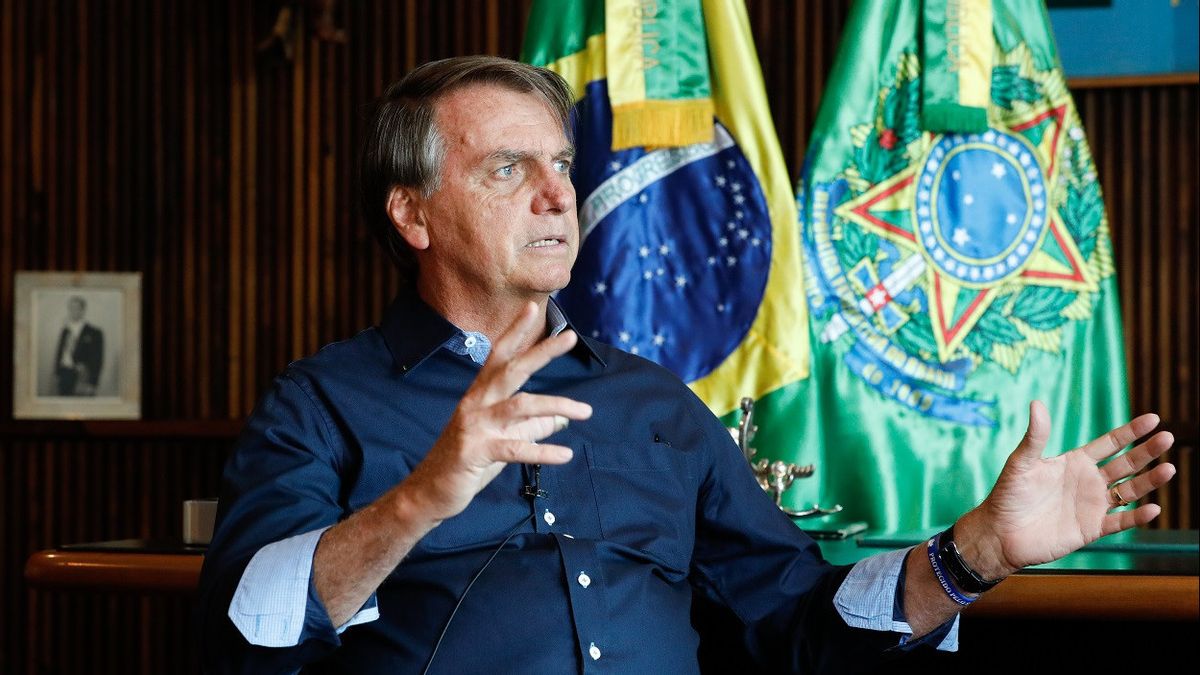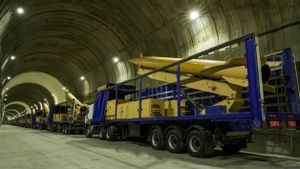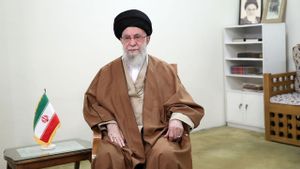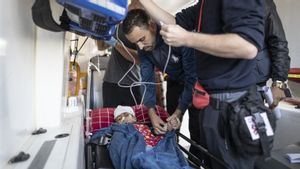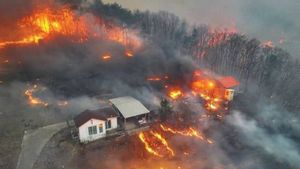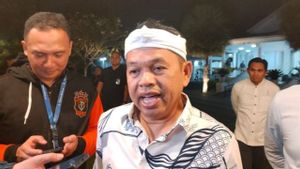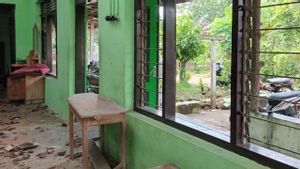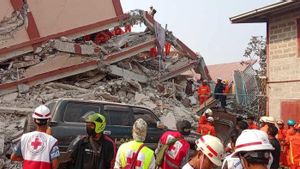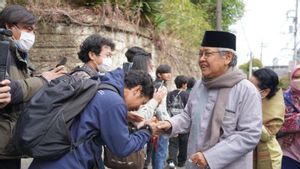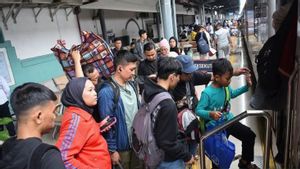JAKARTA - The Supreme Court on Wednesday decided to try former Brazilian President Jair Bolsonaro on suspicion of conspiracy to overthrow the government after a defeat in the 2022 general election, moving quickly in a case that could change the political landscape.
A panel consisting of five judges decided unanimously to try Bolsonaro.
If found guilty in the court process expected later this year, Bolsonaro could face a long prison sentence, isolating far-right figures who avoid the appointment of political heirs.
In his opening remarks on Wednesday, Judge Alexandre de Moraes, who oversees the case, broadcast dramatic footage of Bolsonaro supporters storming government buildings in violent scenes that occurred just a week after President Luiz Inacio Lula da Silva's inauguration in January 2023.
Moraes sees the uprising as the result of Bolsonaro's "systematic attempt" to discredit losing elections and then conspiring to cancel them by using violence, with the help of senior military officers and cabinet members.
Shortly after the ruling, Bolsonaro held a press conference in Brasilia to deliver a long defense of what he called "serious and baseless accusations."
"It looks like they have something personal on me," he said, referring to the judges.
The coup, he said, "has troops, has weapons, and has leaders. They haven't found out who this leader is."
Bolsonaro, a former army captain who served as president of Brazil from 2019 to 2022, was accused of five crimes, including attempts to forcefully abolish democratic law and coup. He denies any wrongdoing and denounces the case as a politically motivated case.
The Supreme Court began reviewing the charges against Bolsonaro and seven of his close allies in Tuesday's session which he attended voluntarily.
Brazilian investigators are moving quickly against Bolsonaro, threatening to end his political career and divide the right-wing movement he has built over the past decade.
Wednesday's ruling, about a month after Brazil's attorney general filed an indictment, reflects the incredible speed for high courts that often take years to decide on major cases.
This speed reinforces the view that judges want to complete the trial before the 2026 presidential campaign begins.
Bolsonaro insists he will run for president again next year, despite a ruling from Brazil's General Elections High Court banning him from running for public office until 2030 as his efforts to discredit the country's voting system.
Ahead of the historic court hearing, Bolsonaro held a demonstration on the beach, opening a new leaf in Rio de Janeiro, in hopes of taking advantage of Lula's fading popularity and pressuring Congress to pass an amnesty bill that benefits him and his jailed supporters.
The demonstration, which some allies say could attract more than one million supporters, was widely deemed a failure after two independent polling companies discovered that only about 20,000 to 30,000 people were present.
However, political analysts expect the trial to raise the spirits of the most vibrant Bolsonaro supporters, who have sought to undermine the credibility of the Supreme Court in Brazil and abroad.
"There were two trials: the first against the defendant and the second about the Supreme Court itself," said Leonardo Barreto, partner at Brazil-based think Policy consultant.
Bolsonaro's allies at Congress, where conservative lawmakers voice concerns about court actions that go beyond the line, are unlikely to leave him, Barreto said, adding "he has something most valued by all politicians, namely votes."
As part of the case against Bolsonaro, the court also received charges against two retired generals, former Defense Minister Paulo Sergio Nogueira and former Chief of Staff Walter Braga Netto, who are also Bolsonaro's vice presidential candidates in the 2022 general election.
VOIR éGALEMENT:
The ruling marks the first time top military officials will stand trial for seeking to remove democracy, a sharp change from impunity that overshadowed nearly a century of military coup in Brazilian history.
Unlike Argentina and Chile, where the armed forces also brought down an elected government to establish a bloody dictatorship during the Cold War, Brazil has never punished its military regime leaders from 1964 to 1985.
"This coup attempt may have taken place because the military did not think they would be held accountable," said Pedro Fassoni Arriuda, a professor of political science at Sao Paulo's Pasahan Catholic University. Instead, he said, they found "strong resistance from society."
The English, Chinese, Japanese, Arabic, and French versions are automatically generated by the AI. So there may still be inaccuracies in translating, please always see Indonesian as our main language. (system supported by DigitalSiber.id)
